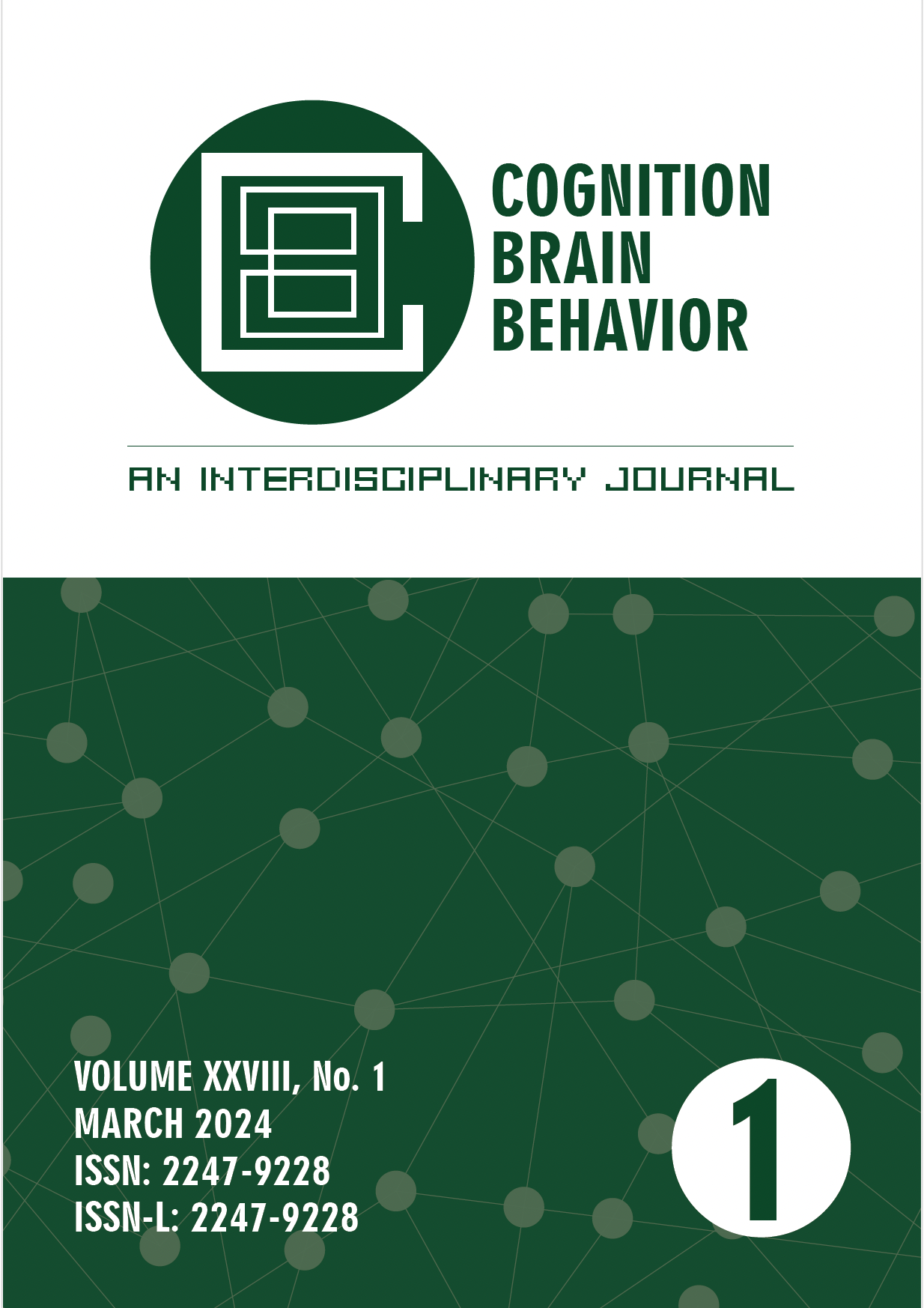Reasons For Exercise and Training-Induced Affective Changes in Co-active and Interactive Sports
Reasons For Exercise and Training-Induced Affective Changes in Co-active and Interactive Sports
Author(s): Krisztina E. Ábel, Liza Komáromi, Attila SzabóSubject(s): Social Sciences, Evaluation research, Sports Studies
Published by: Editura Asociației de Științe Cognitive din România (ASCR)
Keywords: affect; mood; physical activity; social; team; well-being;
Summary/Abstract: Generally, in interactive sports, one focuses on performance-related field events, cooperation, and coordination rather than subjective feelings. Therefore, we hypothesized that subjectively perceived positive affect would rise immediately after co-active but not interactive exercise training. We used the Exercise-Induced Feeling Inventory (EFI) to test positive engagement, revitalization, tranquility, and physical exhaustion pre- and post-training in 107, primarily male, university students practicing either co-active (aerobic exercise, martial arts, swimming; N =54) or interactive (basketball, soccer, football; N=53) sports. We also assessed their enthusiasm before training and perceived exertion after training. Training-induced affective changes in the dependent measures were expressed as percentage change scores and subjected to multivariate covariance analyses. The results did not support our hypothesis that co-active exercisers experience more positive affective states due to training than interactive exercisers. However, co-active exercisers reported more enthusiasm before training and greater physical exhaustion after the training than interactive exercisers. There was also a statistically non-significant trend in the ratios of the reasons for exercise participation, with more than two-thirds of co-active exercisers training for health reasons compared to less than half of interactive exercisers who participated more for mastery and enjoyment reasons. These results suggest that affective states following a single exercise bout do not differ between co-active and interactive exercisers. However, enthusiasm differences between these forms of sports could be related to self-centered, attentional-focused training, health-related motivation, and more exhaustive training.
Journal: Cognition, Brain, Behavior. An Interdisciplinary Journal
- Issue Year: XXVIII/2024
- Issue No: 1
- Page Range: 39-51
- Page Count: 39
- Language: English
- Content File-PDF

